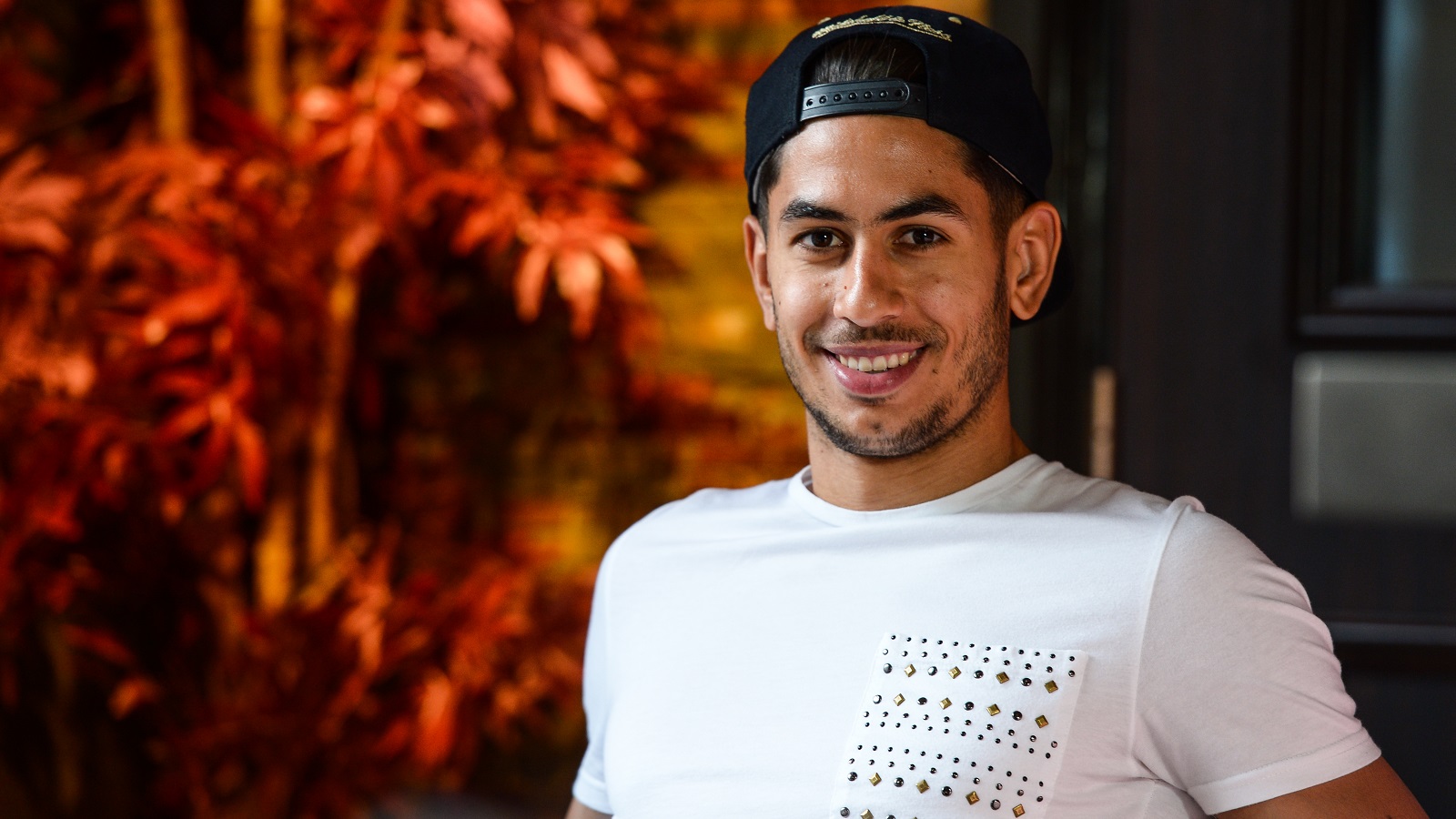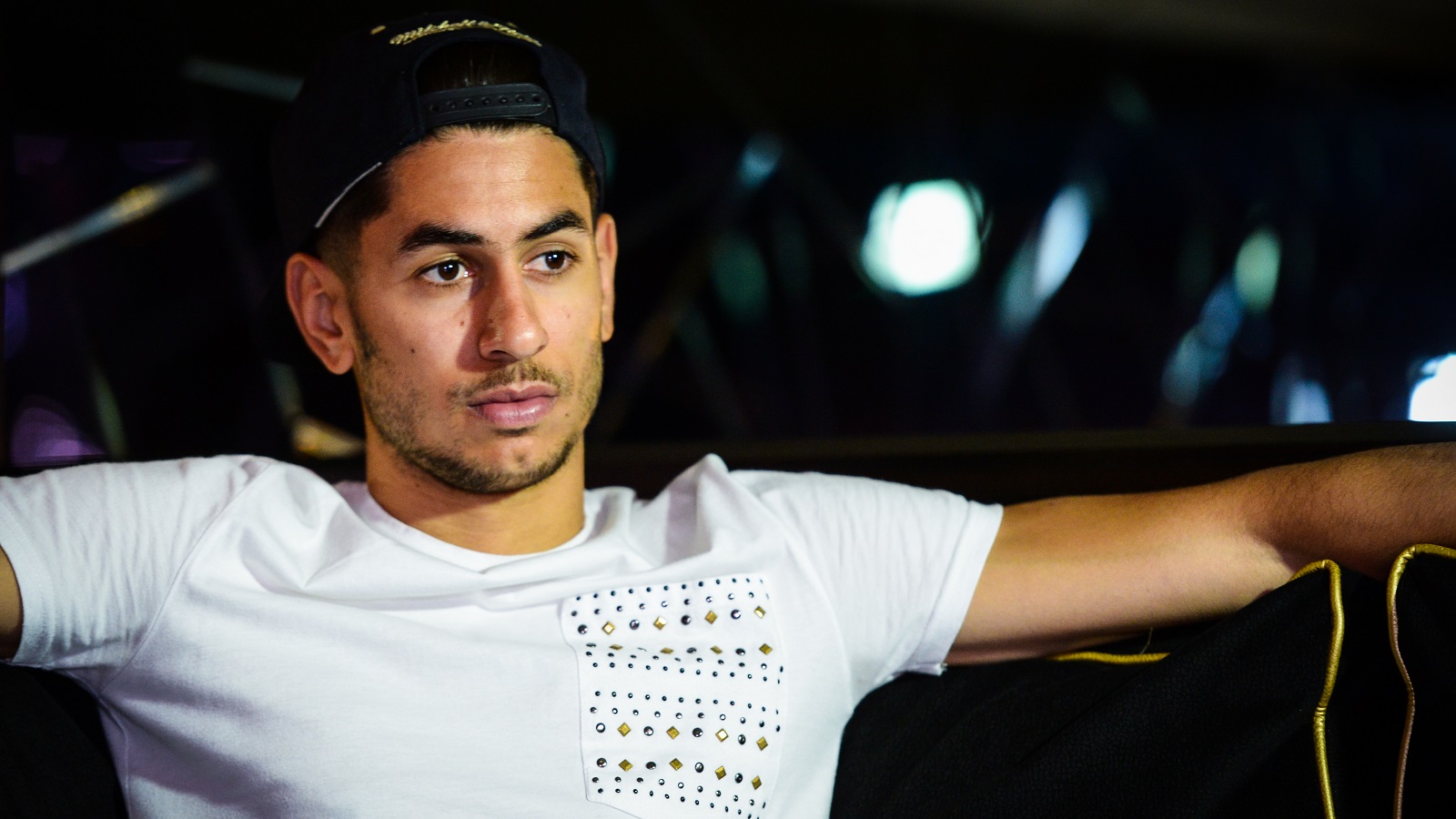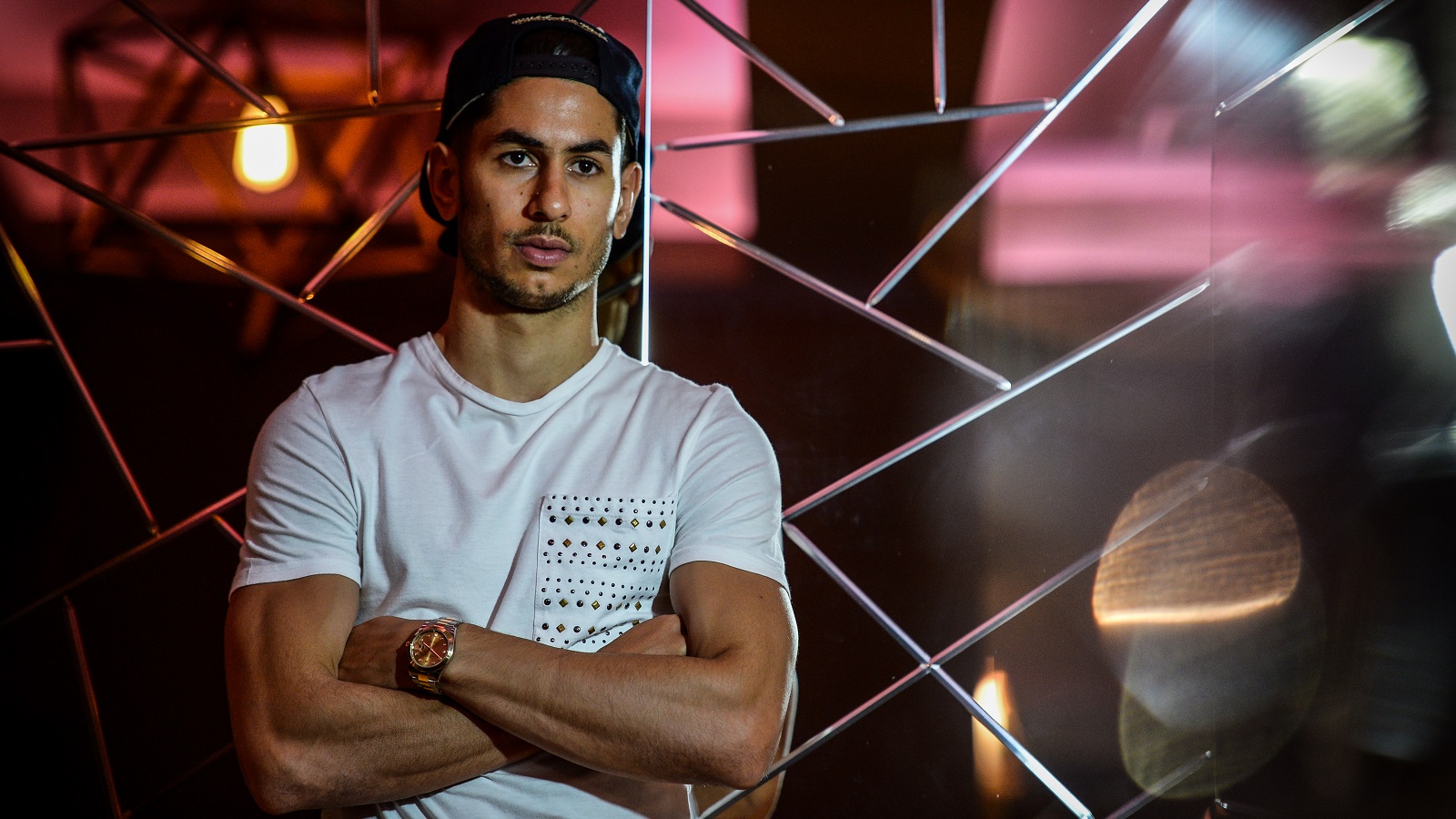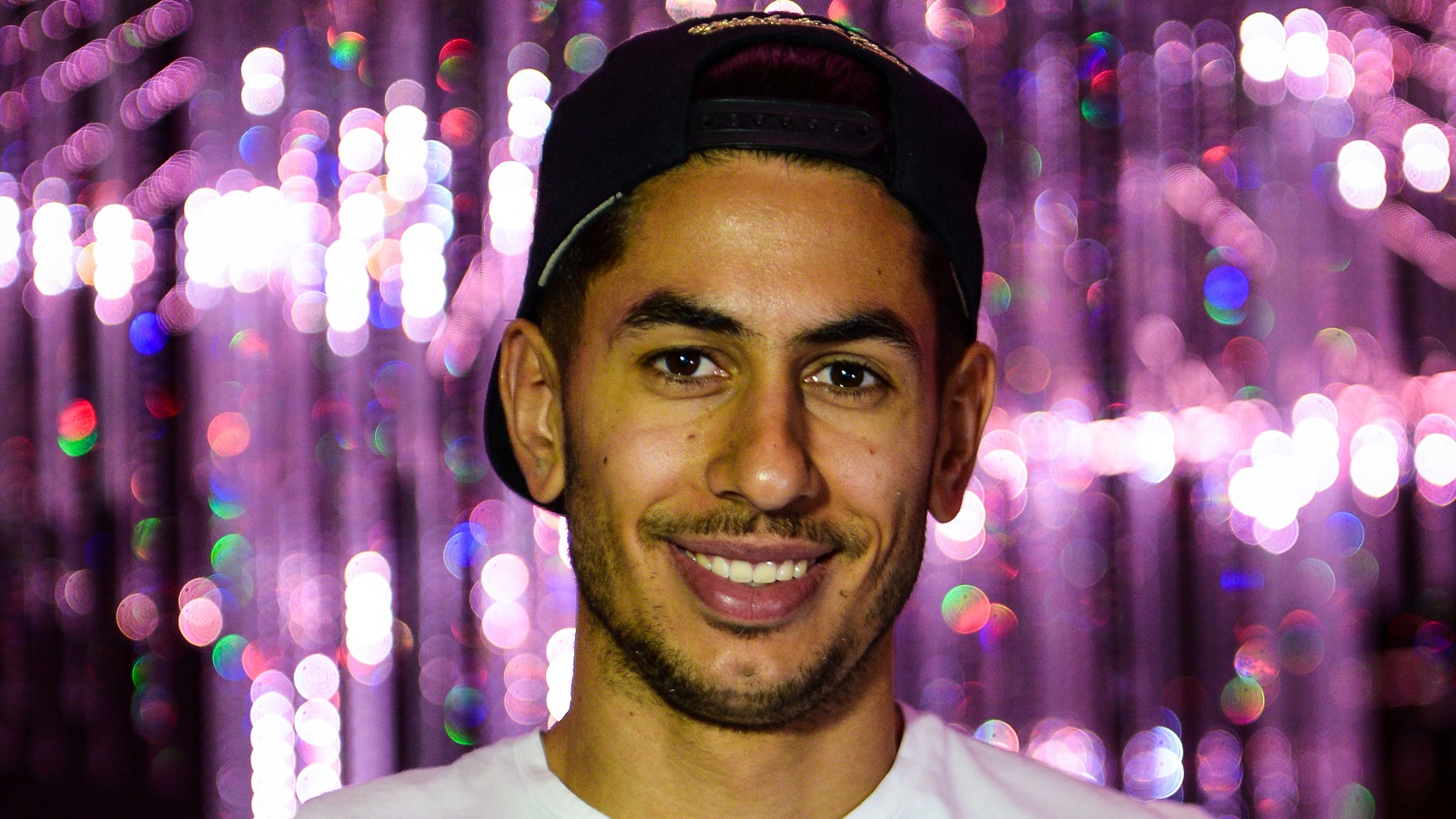Features
Ayoze Pérez programme interview - in full
Written by Tom Easterby
Ayoze Pérez has been a mainstay of the Magpies squad since joining from Tenerife in 2014. Since then, it’s been quite a ride for the 24-year-old. Ahead of this weekend’s visit of Watford, he sat down with UNITED for an exclusive interview, discussing his connection with the community, the ever-evolving number ten role and coping with criticism. It was published in Saturday’s matchday programme, and now you can read it in its entirety here…
Just over a year ago, Ayoze Pérez became an ambassador for the Newcastle United Foundation, the club’s charitable arm. Moved by their work, much of which centres around local youngsters, he himself sought a more active role in the organisation. “Being part of it has been a massive experience for me. I’ve learned a lot of things from this,” he explains.
“Spending some time with them, you realise that you were like them years ago, trying to chase a dream. You can see it in their faces. It’s a great feeling to be able to spend time with them. They can meet footballers and feel enjoyable moments that make them so happy. They start thinking about making their dreams come true.”
The 24-year-old is a regular attendee at the Foundation’s sessions in the community, and earlier this month the forward donned a sharp black suit and tie to be a guest at their annual dinner, where he was interviewed on stage. “It’s changing a lot of lives,” he told Gabby Logan, who hosted the evening at Exhibition Park.
Yet unlike some in his privileged position, Pérez doesn’t regard visits to such events as an imposition. There is genuine feeling in his words when he discusses his link with the charity. The Foundation’s work often sees them work with people with difficulties or disabilities; the Spaniard admits that the plight he sometimes sees affects him, but he feels a need to help.
“It’s not so easy to see these kind of things. It’s quite hard. Because, the truth is…” he pauses. “I’m still quite young, and these kind of things can be a bit hard to take.
“But you have to be with them, try to help them. Those little moments you spend with them, sharing a smile with them, mean a lot.
“I always try to be involved. That moment for me means nothing in terms of my own time, but for them it means a lot. They get home and they start sharing emotions with their parents – it’s amazing for them. I always have the pleasure of helping and spending time with them.”
Pérez is good-natured and easy-going, but that’s not to say there is a shortage of drive within the man who is now into his fourth season in black and white. He takes little persuading when Aveika – beneath the Tyne Bridge – is suggested as a place to meet for some photos and a chat about the past few months, in which he has come under scrutiny from some on the terraces.
The Tenerife native has now passed the 125-appearance mark for United. That he has started in every league game bar two this term is perhaps indicative of Rafa Benítez’s faith, and Pérez recognises the changes in him under his countryman’s tutelage. “Tactically, he has been massive for me, and also mentally, to be honest. I used to be a player who, with a mistake, would feel a bit of pressure. Now that’s getting much better. I’m improving in that way, and that’s because of Rafa.
“Mentally, he has been key for me – I needed it. I needed that bit of work to be stronger mentally. I used to complain, and think things you shouldn’t think. With Rafa, in this case, he makes sure people forget about that, and focus on football. Whatever mistake, anything that happens, cannot affect us in the wrong way. He’s always trying to make sure we’re focused on football, and that’s it. The team has improved a lot in that way.
“In football, you have to realise that a lot of things can happen in a good way and in a bad way, so the control of them, those emotions, is key.”
The harnessing of those feelings is a theme Pérez returns to a number of times during an engaging half-hour interview. It is a skill he has had to develop further in recent weeks, when things haven’t fallen kindly for him on the pitch.
He considers his words when asked how aware he has been of the criticism aimed at him. “I’m not used to reading too much, because always there’s going to be people who think you’re not good enough, or people who think you are good,” he offers. “You have to concentrate on your job. You’re trying to do your best. Sometimes it can be a better performance, sometimes worse, but what I’m sure is that I always try to help the team – I don’t know, sometimes, more than what I should.
“That makes me feel calm. I’m always thinking about the team – that comes first. It can be a better performance, or sometimes it cannot be as good as you’d like. In this case, people are free to have their opinion.
“When I play a game, I’m the same person as when I don’t play so good. It’s trying to find a balance. We come back to the emotions – to control those things, try not to feel affected by them. You have to take it like a lesson, try to learn and get better. The good thing in football is that next week, you’re going to have another chance to prove you can do it.”
Last month, Benítez said he could “read the comments” that were being aimed at Pérez, whose intelligence he values. “When I talk about a clever player, it doesn’t mean he has to control and put the ball in the top corner,” explained the manager. “No, he has good movement. He knows when he has to go, press and regain, or when he has to attack and do runs behind the defenders. He stays between the lines. He’s giving us something that maybe we needed.”
The player himself is aware he, like the rest of his profession, is there to be shot at. “We know what we’re trying to do. We are doing our job, we know what we are working on. Sometimes it cannot be your best performance, but always thinking about the team, helping the team. People can like you or not, but still, we are professionals and we have to deal with these kind of things. It’s normal in football.
“It’s just about being honest. Before football, you are a person, and nobody likes it when someone thinks in that way. But still, you are exposed to these kind of things when you play football, you have to take it, and that’s it. That has to make you be stronger.”
In a collective sense Pérez feels Newcastle – one of the youngest Premier League teams – are ‘getting better, growing up’. Individually, his goal in the 2-2 draw at Southampton last month, where a first strike of the campaign was just reward for an afternoon’s dogged work, allowed him to breathe a little easier.
“It meant a lot,” he admits. “Scoring is always an amazing feeling and as a striker, you have to. Our role has been a little bit harder, because of the kind of work that Rafa wants from us, so it hasn’t been so easy. I’ve still had a couple of chances and could have scored a couple more goals, but still, the team is getting points.”
What exactly it is that Benítez requires from his number tens? Pérez smiles at the suggestion that the modern interpretation of the role is vastly different to when the likes of Zinedine Zidane and Ronaldinho occupied it. “The number ten used to be a creation player, always giving the last pass, second in line to score the goal and that’s it. There are a lot of things that maybe you don’t really see, but they are there and you have to do it.
“It’s part of the hard work, making the other team not feel as comfortable as they could be. In this role, you have got to always be aware of the midfielders, try to make them uncomfortable on the ball. In this league the second balls are so important, and the midfielders and me as a number ten have to look after these. When we press, we have to do it properly with the other striker, and not let the midfielders get the ball, because they can make us suffer.
“It’s the role. It’s a role where you don’t stop running, but I have taken it and I enjoy it.”
Pérez – who doesn’t turn 25 until July – still has enough time to find that balance between graft and craft. Asked what he has learned in four seasons at St. James’, in which four different managers have rated him, he offers an honest answer with a nod to lessons of the past. “It’s been a long time. This league makes you a better footballer, and it’s been quite hard, being honest. I’ve had good moments and not as good moments.
“Playing a lot of games, training hard every day and being so long in England makes you learn. It gives you experience, and that makes you better. You learn from games you have played, and mistakes too.
“A footballer doesn’t need someone to tell them their mistakes. We are footballers, and we realise every day what we can do better and what we can improve, and honestly, it’s the only way to be a better footballer. We realise what we are doing wrong, and what we can do much better.
“And always you can improve. I’m still 24, which is quite young. There’s still a lot of things from me to come, and hopefully a lot of goals. It’s a question of time, for sure.”
“In football, you have to realise that a lot of things can happen in a good way and in a bad way, so the control of them, those emotions, is key.”





